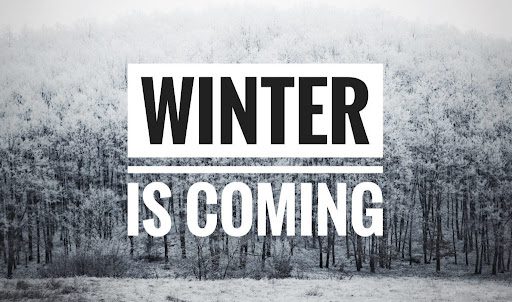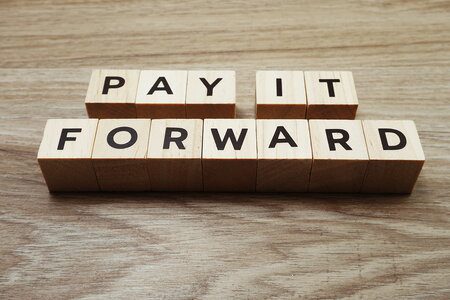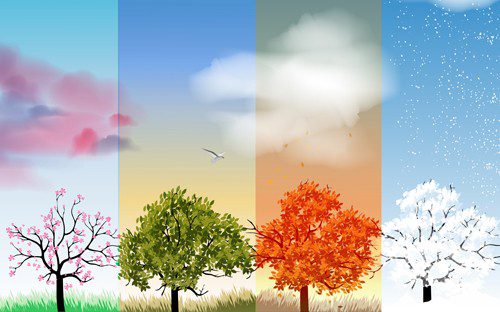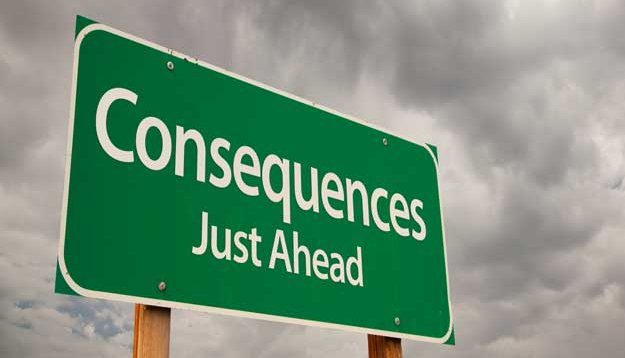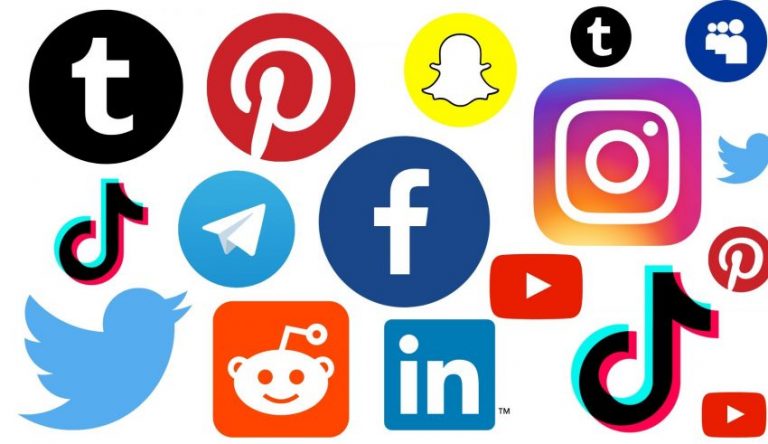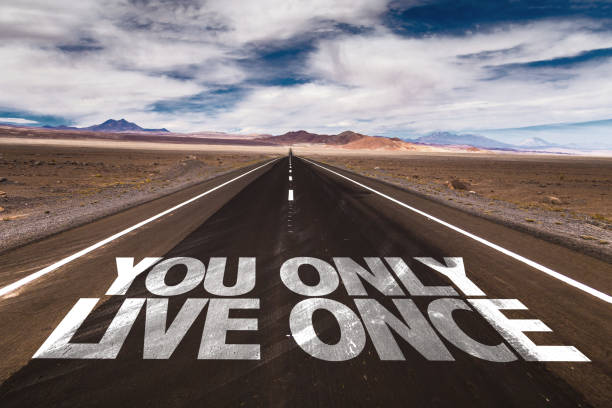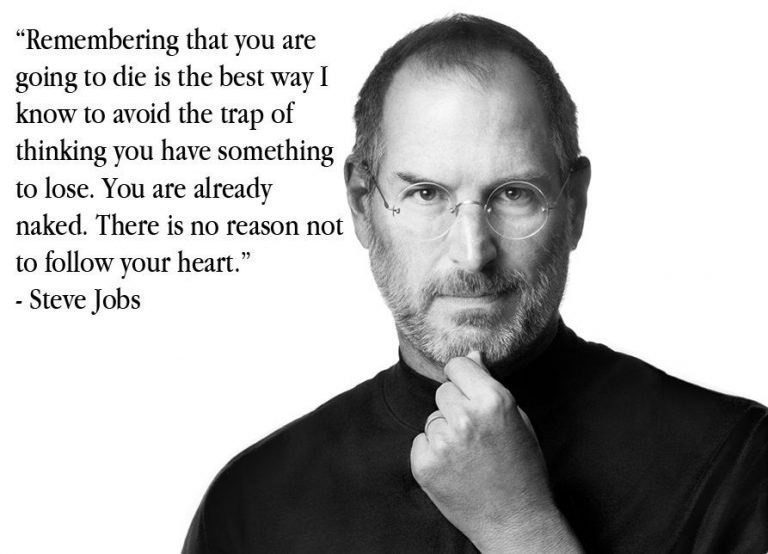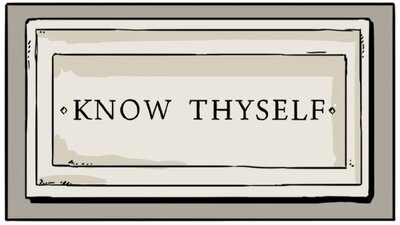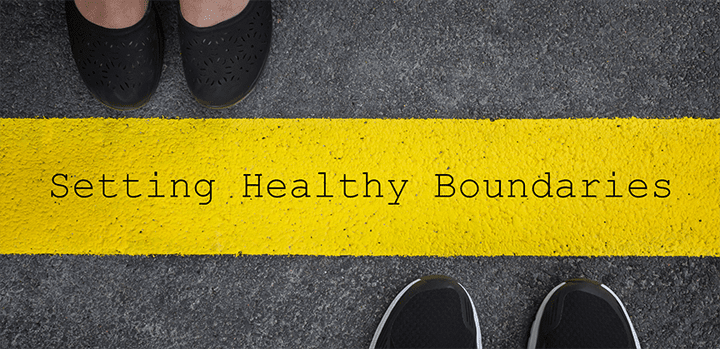You only live once, but if you do it right, once is enough.
Life is short, we are all supposed to know that but unfortunately, we don’t. My first vivid recollection of grieving due to the death of a loved one was when I lost my paternal grandmother in 1998. I wept for a couple of days and kind of moved on eventually as we all do. I have lost 3 of my grandparents, recently my mum ( 2019) and my closest cousin (2013). The degree of my grief was kind of based on their age, my closeness to them, and the stage of life I was at the moment of their death.
What these deaths have taught me is that no matter how long I live, I am going to DIE too. Death is the ultimate equalizer in life – The old, young, sick, healthy, slim, selfish, famous, selfless, healthy, narcissist, psychopath, sociopath, cheerful, depressed, gregarious, everyone is going to DIE at some point. The late CEO of Apple, Steve Jobs quipped in his 2005 commencement speech at Stanford University:
No one wants to die. Even people who want to go to heaven don’t want to die to get there.
“No one wants to die. Even people who want to go to heaven don’t want to die to get there. And yet death is the destination we all share. No one has ever escaped it. And that is as it should be, because Death is very likely the single best invention of Life. It is Life’s change agent. It clears out the old to make way for the new. Right now the new is you, but someday not too long from now, you will gradually become the old and be cleared away. Sorry to be so dramatic, but it is quite true.”
Most of us lead our lives like we are coming back (Jesus), would live longer than Methuselah, like we are promised tomorrow, hence we delay, procrastinate, temporize, stall, we overestimate what we can accomplish in 10 years, and underestimate what we can get done in a year. We say to ourselves “Someday I’ll“, we wait for the perfect time, the perfect mate, the perfect weather, business environment, job, career move, you name it. Knowing that we are all going to DIE, I wonder what we are waiting for.
“To live is the rarest thing in the world; most people just exist.” -Oscar Wilde
Mental Conditioning/ Programming
One of the greatest challenge for most of us is that while growing up we have been mentally conditioned and socially programmed with self-limiting belief systems such as You are here to pay bills, amass worldly possessions, Go to school, get good grades, find a suitable mate, procreate 2 or 3 kids, pay your mortgage, stay in that location for the next 25 years while working for organizations you are not excited about with colleagues and bosses you can not stand, save for retirement till 65, get ill at 70 and DIE before your 85th birthday if you are lucky to live that long.
“The graveyard is the richest place on earth, because it is here that you will find all the hopes and dreams that were never fulfilled, the books that were never written, the songs that were never sung, the inventions that were never shared, the cures that were never discovered, all because someone was too afraid to take that first step, keep with the problem, or determined to carry out their dream.” – Les Brown
Your Time Here is Limited.
The average life expectancy in developed nations like Japan, South Korea, and Switzerland is around 84-85 years while the life expectancy in third world nations like Zimbabwe, Zambia, and Yemen is around 51-65 years. If we use developed nations’ life expectancy as a case study, the average human would live approximately 30,000 days (84 years x 365 days) = 30,600 days. As short as these days are, we still waste it on trivial issues because we think we would live long and we still have time.
“Work spares us from three evils: boredom, vice, and need.” — Voltaire
We spend one-third of our lifetime sleeping – 10,000 Days
We spend around 3,500 – 4,000 days working
On average we spend half of our lifetime sleeping, working, and commuting.
What do we do with the remaining time- We gossip, spend endless time surfing the internet and social media comparing our lives with those of our family, peers, and friends, we fight, litigate, have fun. recreate and little time examining our time here or deliberately working on our legacy.
“An unexamined life is not worth living” – Socrates
Most of us live a life of quiet desperation tiptoeing towards our graves. We follow and adhere to the scripts and belief systems handed to us by our parents, school, religion, peers, society, media, and the internet. We do not take the time to slow down and smell the roses. We are busy doing nothing, rushing through the maze of life like rats. As Lily Tomlin observed, “The trouble with the rat race is that even if you win, you’re still a rat.” Why become a rat when you are supposed to be a lion. As the African proverb says “The lion and sheep may lie down together but the sheep won’t get any sleep”. You are here to be extraordinary, stop settling for less, please, Go do epic shit.
“The mass of men lead lives of quiet desperation. What is called resignation is confirmed desperation. From the desperate city you go into the desperate country, and have to console yourself with the bravery of minks and muskrats. A stereotyped but unconscious despair is concealed even under what are called the games and amusements of mankind. There is no play in them, for this comes after work. But it is a characteristic of wisdom not to do desperate things..”― Henry David Thoreau, Civil Disobedience and Other Essays
Social Media is Messing You Up
Social Media is by far one of the greatest innovations in the past 50 years and, like any invention, can be used for advancement or used for unintended purposes or consequences. As with any innovation, Social Media is also beginning to mess us up as a generation with rampant division, misinformation, fake news, depression, wasted time online, decreased face-to-face communication, suicides. Lazy thinking, fakeness, narcissism, cyberbullying, to name but a few. As Irish poet and playwright Oscar Wilde once quipped, “Everything in moderation, including moderation.”
Social Media is one of the major time waters for most of us as we prioritize sharing over creation, likes over self-esteem, retweets over self-care, Instagram stories over self-growth, and personal development. We are constantly comparing other people’s well-curated highlight reels to our own life. Instead of becoming of service to our community, we are obsessed with how we are perceived by the outside world. We spend an average of 1,000+ hours on social media/internet, which would amount to around 50,000 hrs (5-6 years) spent online.
All the Best in your quest to get Better. Don’t Settle: Live with Passion.


